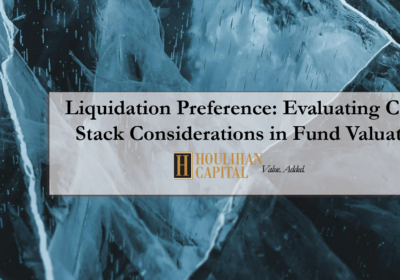Distort Valuations, Lose Your Investors.
Recently, the Securities and Exchange Commission announced that Equinox Fund Management LLC (“Equinox”), a Denver-based alternative fund manager, agreed to settle charges that the firm willfully violated Sections 17(a)(2) and 17(a)(3) of the Securities Act of 1933, and caused its managed futures fund, The Frontier Fund (“TFF”), to violate Section 13(a) of the Securities Exchange Act of 1934.[1] These statutes essentially prohibit deceiving investors, and Equinox fell short of compliance when it made material misstatements and omissions in TFF’s registration statements and periodic filings. The SEC’s order summarized four distinct disclosure violations:
- From 2004 through March 2011, Equinox stated that it charged management fees based upon net asset value, when Equinox actually charged TFF management fees based upon the notional trading value of the assets;
- TFF’s Form 10-K for 2010 and its Forms 10-Q for the first and second quarters of 2011 disclosed that its methodology of valuing certain derivatives was “corroborated by weekly counterparty settlement values,” when in fact, Equinox received information during that timeframe showing that its valuation of certain options was materially higher than the counterparty’s indicative settlement values;
- TFF’s Form 10-Q for the third quarter of 2011 disclosed that an option had been transferred between two series in accordance with TFF’s valuation policies, when in reality, the option had been transferred using a different valuation methodology than substantially identical options held by other TFF series; and
- TFF’s Form 10-Q for the second quarter of 2011 failed to disclose as a material subsequent event the series’ early termination of an option (which constituted the series’ largest investment) at a valuation that was significantly lower than had been recorded for that option.
Regarding the case, Marshall S. Sprung, Co-Chief of the SEC Enforcement Division’s Asset Management Unit, commented, “Equinox’s misleading disclosures gave investors a distorted picture of how the firm determined compensation and valued significant fund holdings.”
As the extent of Equinox’s distortions have been revealed, the firm has paid a stiff price. In addition to being censured, Equinox must pay approximately $6 million to TFF investors and another $400 thousand to the SEC as a civil penalty. Perhaps the opportunity costs have been even higher, however. Before the scrutiny of auditors and the SEC began, TFF had more than $1 billion in net assets. Now, after a rush of withdrawals, based, in large part, on its valuation troubles, Equinox manages roughly a quarter of that amount.
Alternative fund managers acting in good faith can differentiate themselves by adopting internal controls that effectively preclude misleading investors about the value of a portfolio’s assets. Paradoxically, the most important internal control may be the liberal use of an external valuation service provider. An independent third-party valuation firm can review a fund’s policies for compliance issues, provide a validation of valuation methodologies, and/or provide clients with independent valuations of assets that minimize regulatory risk. As a leading valuation advisory firm whose clients include some of the largest active asset managers in the world, Houlihan Capital has noticed that institutional and accredited investors increasingly consider verifying and investigating use of independent third-party valuation experts a necessary part of due diligence.
Houlihan Capital is SOC-compliant and committed to the highest levels of professional ethics and standards. For more information on independent third party valuation services, please visit www.houlihancapital.com or contact Paul Clark at 312‐450‐8656.
[1] Portions of the press release and associated administrative proceeding have been reproduced verbatim throughout this article.


